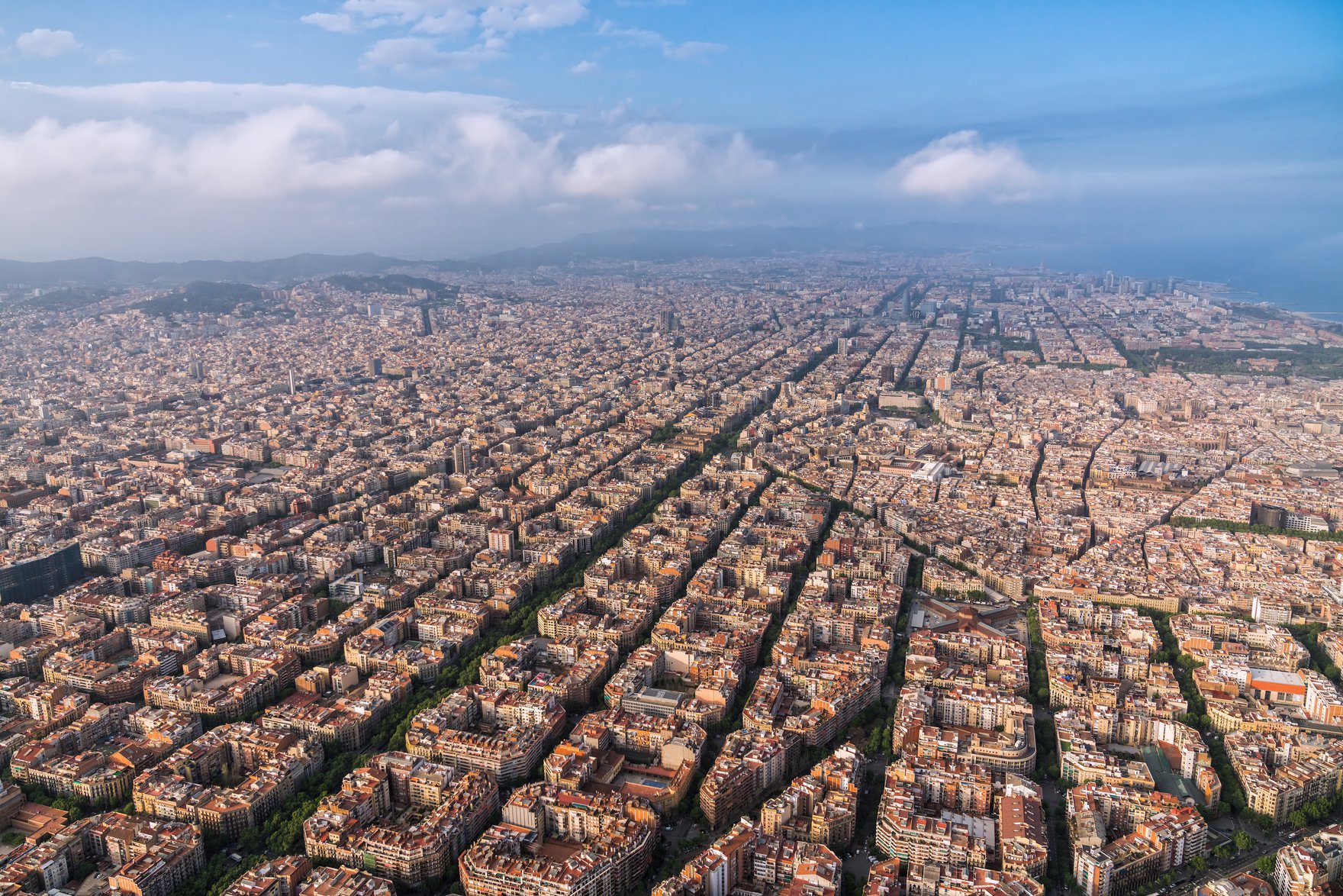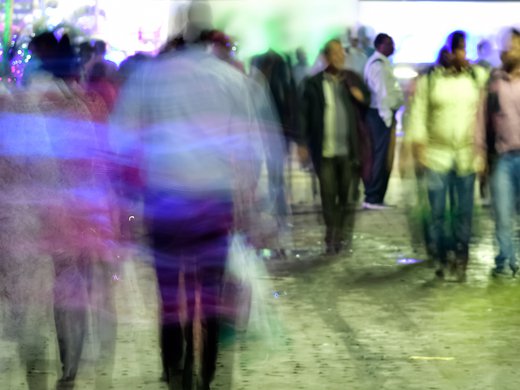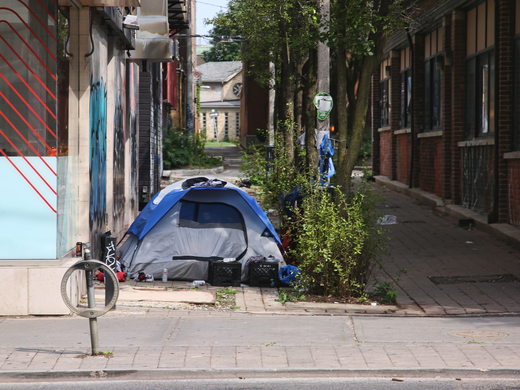Barcelona’s streets are studded with sensors and responsive systems. Street lights, garbage cans, power metres, parking spots, park landscaping and public transit fit into the city’s “smart” environment, helping to manage everything from congested streets to service delivery. And, while the city is teeming with technology, it hasn’t strayed from strong, local, democratic governance of data.
Barcelona stands as a great example of smart city development. Arguably, this success is in recognizing its citizens’ role in improving urban space.
As the capital of Catalonia, Barcelona has a long history of democratic agitation and innovation. Before the Magna Carta, there was the Ustages of Barcelona, a twelfth century legal document that synthesized Roman law with local custom and sampled the best legal thinking of that era. Catalans are proud of this innovation and cite it often as a mandate to innovate further.
In the twentieth century, Barcelona was the heart and engine of the Spanish Republic, which sought to create a socially just vision of industrialization before being crushed by Spanish fascists backed by German and Italian military might.
Now, once more, Barcelona is in the midst of a conflict between Spain and Catalonia. This conflict goes back decades, if not centuries, and is nowhere near being resolved. While Francisco Franco’s dictatorship ended with his death in 1975, there was never a reconciliation process, and resentment still runs deep.
Meanwhile, the municipal government of Barcelona is trying to remain as neutral as possible. Their focus is on local democracy; no matter who prevails in the broader conflict, the city will have democratic institutions that empower residents.
Barcelona benefits from an extensive fibre optic network, and the municipally led smart city initiatives enabled the rise of a local industry with expertise in the Internet of Things (IoT) and responsive urban infrastructure. The city also hosts the annual global Smart City Congress.
Initially, such upgrades resulted in genuine cost savings, but the real potential of data-driven urban systems exists beyond economics. Culture and politics are where the smart city can achieve the kind of exponential gains that such technology promises — but that wasn’t always a popular idea in Barcelona.
The smart city process was started under the administration of Mayor Xavier Trias. However, he was defeated in 2015, in part because of the perception that smart city initiatives were corporately controlled, and a by-product of top-down decision making that did not involve local residents.
Rather than undoing or winding back the smart city upgrades, the new mayor, Ada Colau, has instead sought to take this concept beyond infrastructure and service delivery, to citizenship and democratic participation. Simply put, engaged and informed residents — smart citizens — are the essential components of a smart city.
Colau was also elected amidst a larger populist movement that sought to regulate Barcelona’s booming tourism and resulting gentrification. Affordability of housing in Barcelona is a major issue, driving a popular desire to rein in services such as Airbnb.
Similarly, traffic and congestion is also a serious concern. Controlling how many cars are on the road is an important issue. While policies like the Superblock design help, smart city initiatives assist the city in measuring and creating innovative solutions, including restricting services like Uber.
On a technical level, issues of citizenship, democratic participation, and municipal regulatory capacity converge with the city’s embrace of free and open source software. Not only has the city committed to using free and open source software wherever possible, but it also creates software that other cities can freely use (and modify).
Sentilo, Barcelona’s free, open source system that integrates the city-wide sensor network and all the data it generates, is a good example. The program was built by Barcelona to help organize and govern the data generated by sensors, enabling the applications and interfaces that make that data useful and valuable. It also enables citizens to access this data and build applications or find areas that need greater attention.
Decidim, a participation platform designed to involve residents in as many aspects of municipal government as possible, holds even greater significance. Decidim takes advantage of the sensors and data generated by smart city initiatives to help citizens see and have a voice in the operation of city services and the governance of the city. Residents can make proposals, debate, vote and organize around any issue they desire, with the data serving as evidence and fuel for these debates. Like Sentilo, Decidim is free and open source and available to any other municipality to use and modify.
This kind of democratic innovation offers up one model for the success of a smart city. Technology and data are never enough. Consent, literacy and participation are necessary ingredients that smart cities should be focusing on.
The result is a kind of political authority that allows the city to better negotiate with technology companies — the opportunity here is far more impactful than simply negotiating a better internet rate. Barcelona is now insisting that technology contracts feature data sovereignty and public ownership of data. The city recently secured a contract with mobile provider Vodafone that includes a commitment by the company to turn over data to the city each month. This is significant not just because the city was able to get the company to bend to their agenda, but more importantly, the city is developing the capability to collect, manage and understand the data it is collecting.
This will be an essential feature of whether a government is able to govern, or whether it is subject to the power of tech companies who understand the population better than the government does.
Barcelona still sees itself in the early stages of a long-term upgrade toward a smart city comprised of smart citizens.
The city is also building a larger system for data governance and identity management called DECODE, which stands for DEcentralized Citizen-owned Data Ecosystems. Funded in part by the European Union, DECODE is designed as a platform that “provides tools that put individuals in control of whether they keep their personal information private or share it for the public good.”
If successful, DECODE could provide an example of a government-created alternative to Facebook. While DECODE shares similarities with Facebook, this new platform would enable users to manage their privacy, and it would also provide identity management tools that could be used for authentication on other sites, as well as secure social graph information. One of Facebook’s salient features is the ability to bring your friends and social network to any new website you join, allowing that site to easily provide socially contextual features. If DECODE could offer users the same, it would go a long way towards providing an alternative to using Facebook, especially for other websites that desire social features without connecting to Facebook.
In Barcelona, there’s more to a smart city than improved transit or a quickly emptied garbage can. Open source software keeps the city in control of the infrastructure, and allows it to share and collaborate with other cities, fuelling innovation, cost savings and overall public benefit.
This focus on local and participatory democracy not only provides a means of building and mobilizing public support, but also a faster path to the real gains that motivate the desire to live in a smart city: a responsive, compassionate and democratic society.




